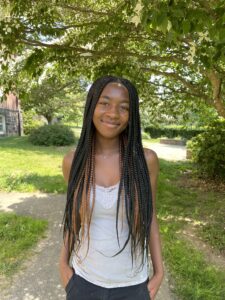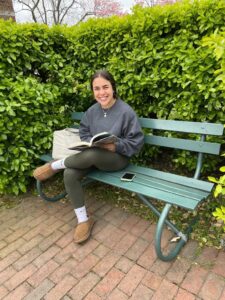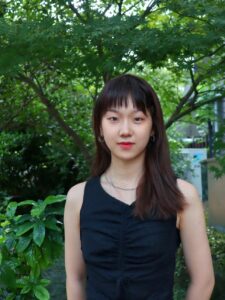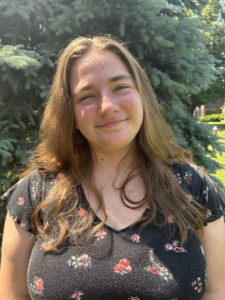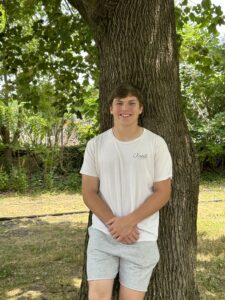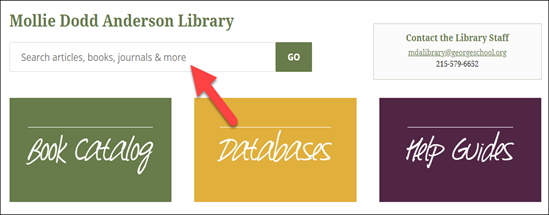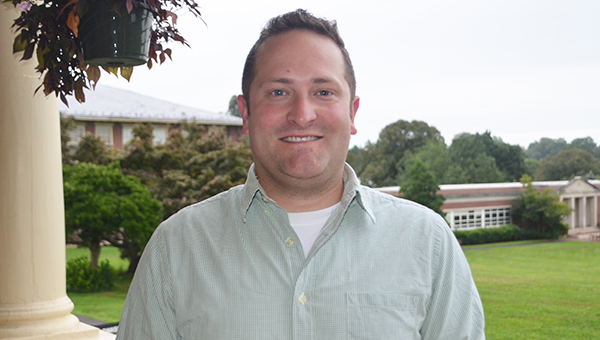
Ryan Aponte, one of George School’s esteemed History and World Religion’s faculty for the past three years, also serves as the sponsor of Model United Nations (UN). Ryan has been active in Model UN for most of his fourteen-year teaching career, so he was thrilled when the opportunity to sponsor Model UN at George School found him.
Model UN is open to students interested in the United Nations and the global community. Members attend simulated UN conferences at universities where research, debate, and speaking skills are used.
“Model UN is integrated enough as a club where there is institutional support to give students exciting opportunities to take part in regional conferences with other schools,” explained Ryan. “However, since it is a club, students have the flexibility to participate in club activities, but are not forced to take part in those conferences, so it is a nice blend for students to participate at their own comfort and interest level.”
“Model UN is very much a student-led club,” continued Ryan. “They plan the topics of our meetings, plan and manage our virtual conference, and prepare the club to participate in offsite conferences. I am there for advising and for helping with logistics, such as paying vendors and arranging transportation, but the students plan the heart of Model UN, which makes it fun.”
Model UN is one of the larger clubs on campus, attracting between 50–60 students. “It has been exciting to see the club grow each year that I have been involved,” said Ryan. “Students who participate in Model UN typically have an interest in having discussions about current events and international policy. Many students who participate go on to work in government and public service. Some of my students have even gone on to work at the UN. There is a social component to the club, and many students participate to hone their debate skills. Sometimes, the debate practice results in skill development, but often, I see students building their confidence, being able to stand up and project their confidence in presenting a fact-based argument.”
“When you look at each student, they will all progress in different ways,” continued Ryan. “Some students are great at injecting emotion into their position but need to learn how to introduce evidence and fact to strengthen their position. Other students are great at presenting evidence but need to hook you more in their argument with emotion. From one year to the next, I see students that blossom and feel much more comfortable debating and putting themselves out there. It is rewarding.”
At George School, Model UN builds throughout the year. “Early on, we primarily focus on discussions about current events so that students get used to talking. We use this to introduce some of the procedural elements of debate and have informal debates to get students in the debate mode, learning how to support their positions using ethos, pathos, and logos to drive an emotional response from their target audience. A lot of this is to build debate skills and educate students about current events. Our student leaders will come in and have a PowerPoint ready for club meetings and will have a framework for discussion. Other times, students will be assigned a country and do a little bit of back work to practice a UN-styled conference. The ultimate goal is to prepare students to participate in the regional conference with other schools, where our students typically shine thanks to their practice and dedication in preparation.”
“We were unable to do the offsite conference last year (Spring 2021) due to Covid concerns, but typically, ILMUNC (Ivy League Model United Nations Conference) has a local conference in Philadelphia,” Ryan explained. “Since we were not able to take part in the offsite conference last year, our students decided to host a virtual conference, inviting local Quaker schools to participate. We had a great turnout with robust debate and discussion, and we even had a student join from overseas. This gave students the opportunity to take the lead in creating their own committees, choosing debate topics, and organizing the entire event schedule. In person conferences are logistically challenging, and the virtual conference was a way to teach students the importance of planning such an event. As always, our students rose to the occasion and put together a great virtual event with participation from many schools across the region. We plan to host this year’s virtual conference this upcoming April. Sign-ups haven’t started yet, but we’ll send out info soon.”
“For current George School students, getting involved in Model UN is as easy as coming to the meetings and expressing interest,” said Ryan. “We encourage them to speak to any of the student leaders who are willing to share their experience as a member of Model UN. We also invite parents and alumni to help the club by volunteering to lead debate and discussion or virtually join us during our lunchtime club meetings to talk about professional experiences that relate to diplomacy or government. Tons of credit goes to our hardworking student leaders, known as the Secretariat (listed below).”
The Secretariat
Secretary-General: Sophia Bediako-Maier ’22
Deputy Secretary-General: Megha Phalcomepely ’23
Director of Operations: Alice Morrison ’24
Secretary of Development: Chris Petrosky ’23
Director of Communications: Silas Kennedy ’22

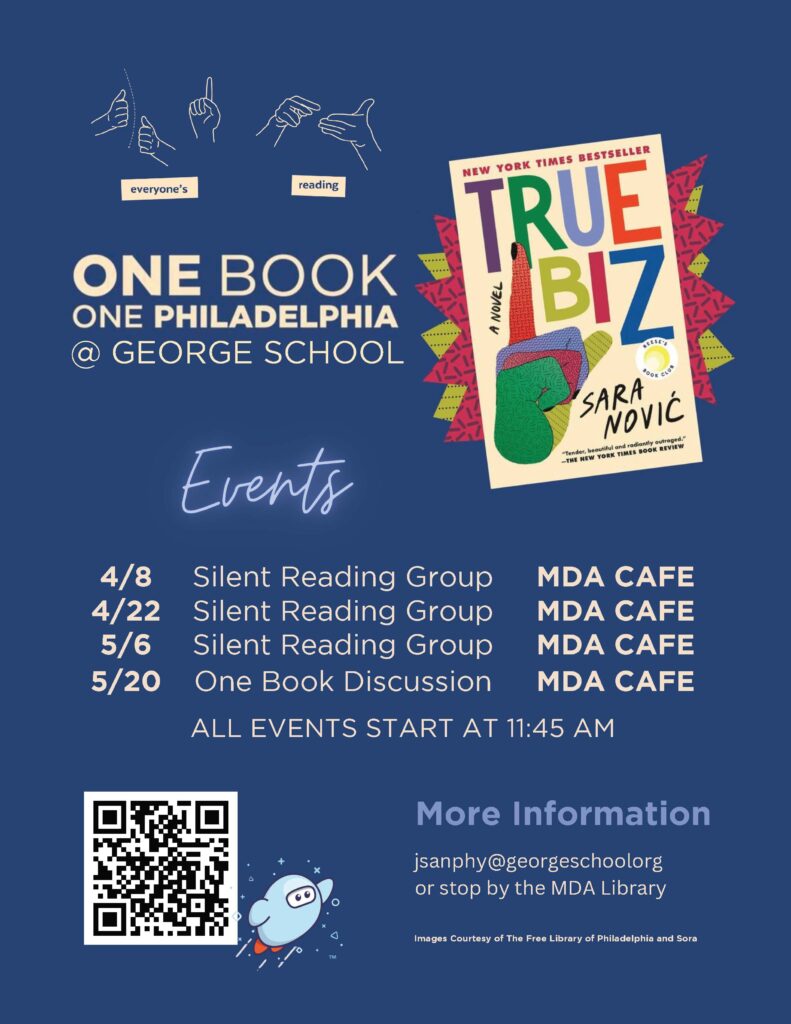
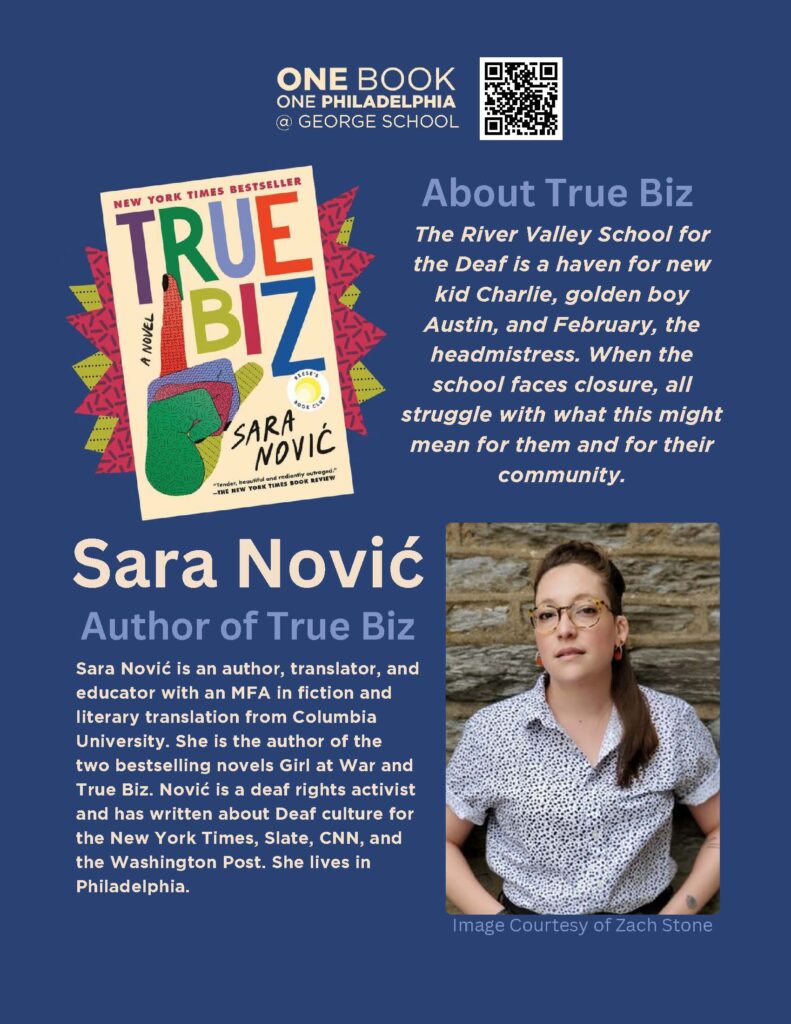



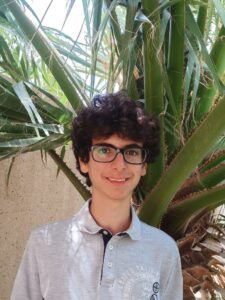 Monastir, Tunisia, and Amman, Jordan
Monastir, Tunisia, and Amman, Jordan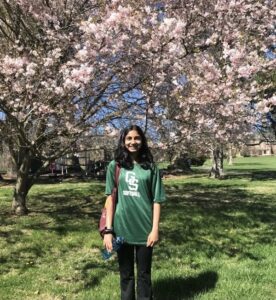 Irvine, CA
Irvine, CA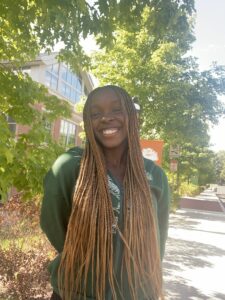 Feasterville-Trevose, PA
Feasterville-Trevose, PA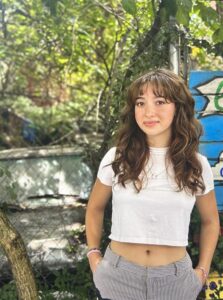 New Hope, PA (Previously NYC)
New Hope, PA (Previously NYC)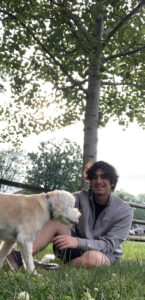 Richboro, PA
Richboro, PA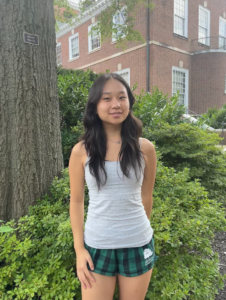 Englewood, NJ
Englewood, NJ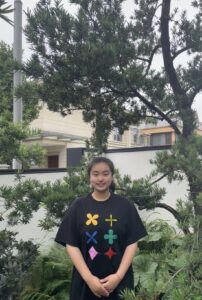 Ningbo, Zhejiang, China
Ningbo, Zhejiang, China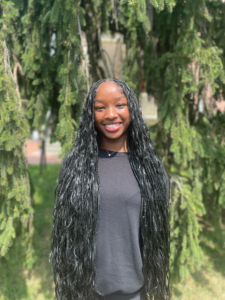 Willingboro, NJ
Willingboro, NJ Yardley, PA
Yardley, PA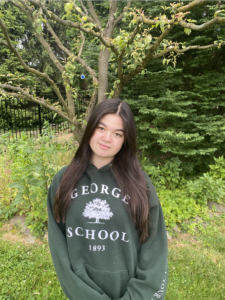 Newtown, PA
Newtown, PA Holicong, PA
Holicong, PA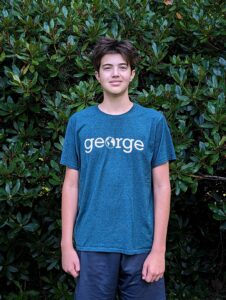 Newtown, PA
Newtown, PA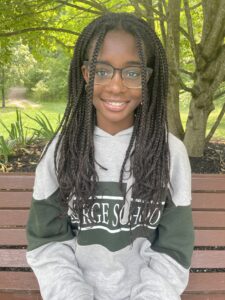 Hamilton, NJ
Hamilton, NJ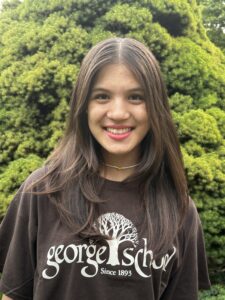 Yardley, PA
Yardley, PA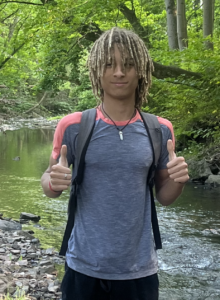 Lambertville, NJ
Lambertville, NJ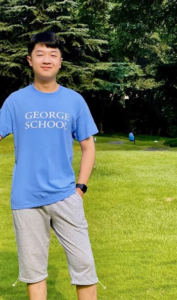 Chongqing, China
Chongqing, China Pennington, NJ
Pennington, NJ Yardley, PA
Yardley, PA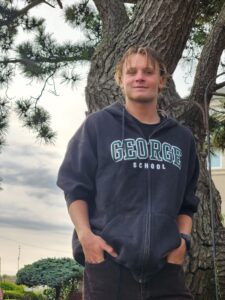 Bensalem, PA
Bensalem, PA Borgota, Colombia
Borgota, Colombia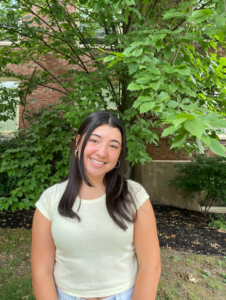 Newtown, PA
Newtown, PA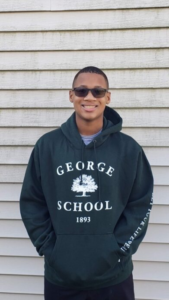 Burlington, NJ
Burlington, NJ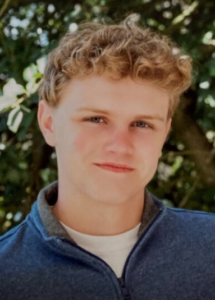 Langhorne, PA
Langhorne, PA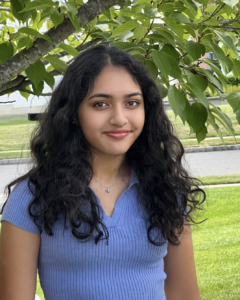 Princeton, NJ
Princeton, NJ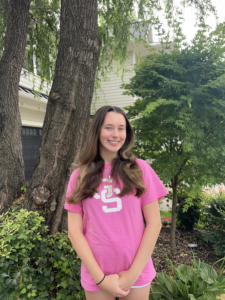 Langhorne, PA
Langhorne, PA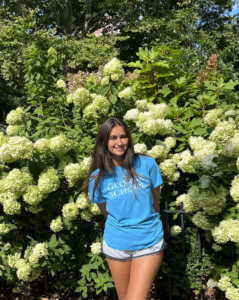 New York City, NY
New York City, NY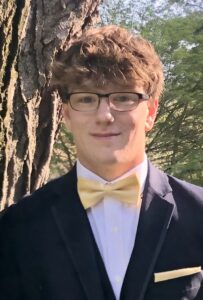 New Hope, PA
New Hope, PA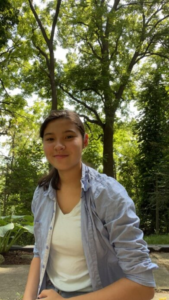 St. Catharines, Ontario, Canada
St. Catharines, Ontario, Canada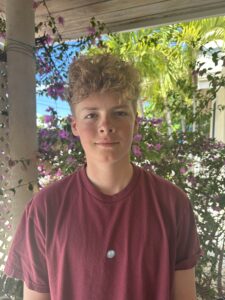 Providenciales, Turks and Caicos Islands
Providenciales, Turks and Caicos Islands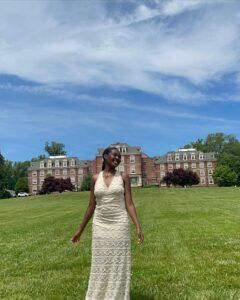 Willingboro, NJ
Willingboro, NJ Princeton, NJ
Princeton, NJ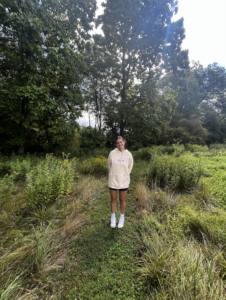
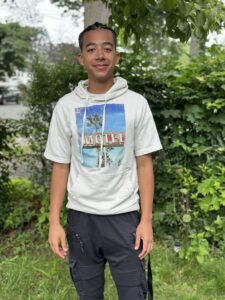 Newark, NJ
Newark, NJ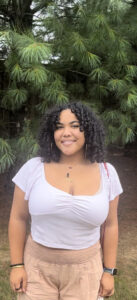 Trenton, NJ
Trenton, NJ Newtown, PA
Newtown, PA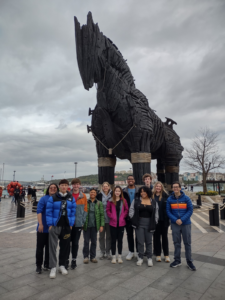
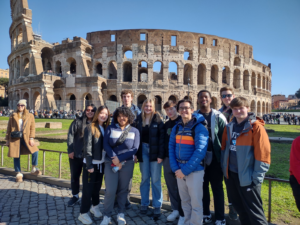
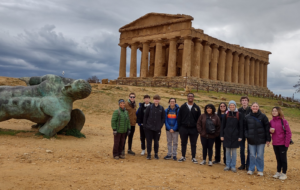
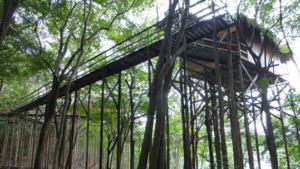
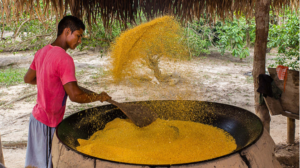


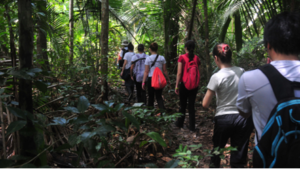
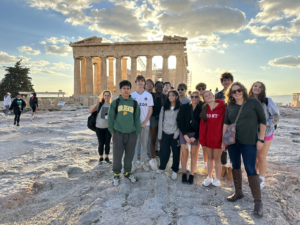
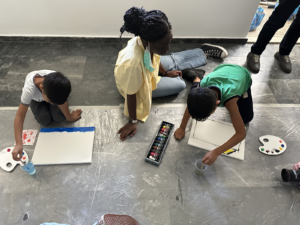
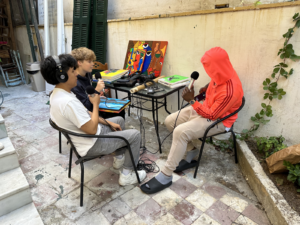
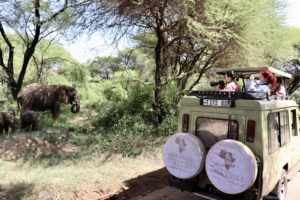
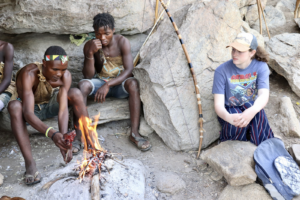
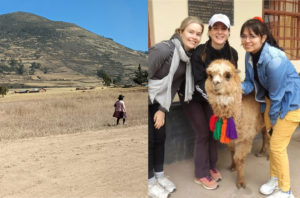
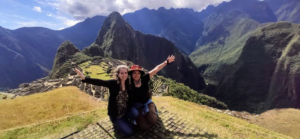
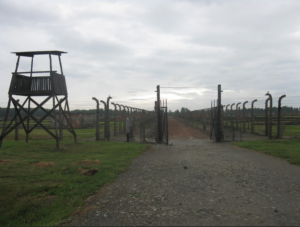
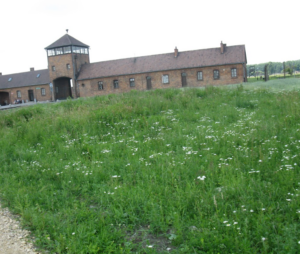
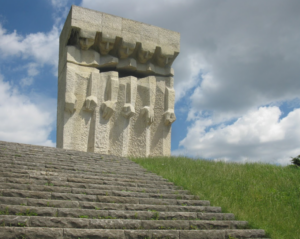
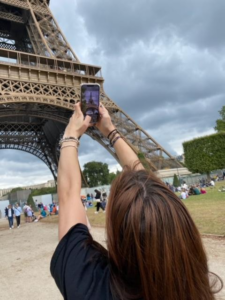
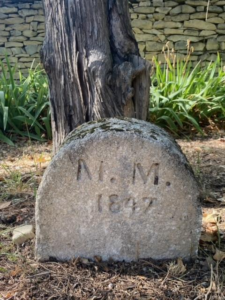
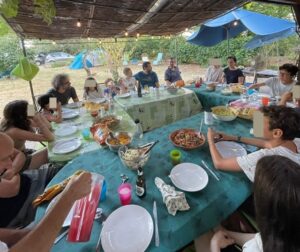
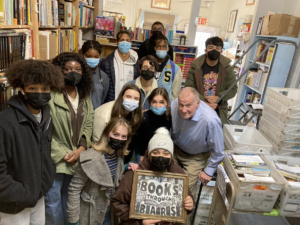
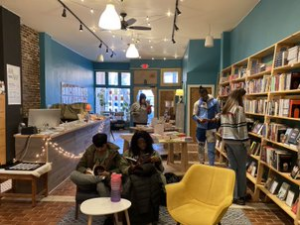
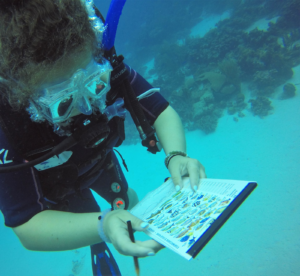
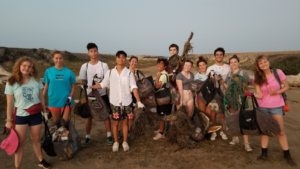
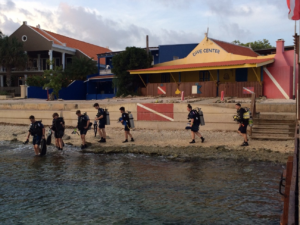
 Lawrence, NJ
Lawrence, NJ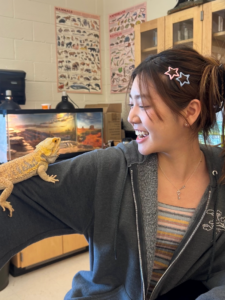 Seoul, South Korea
Seoul, South Korea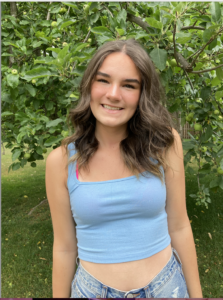
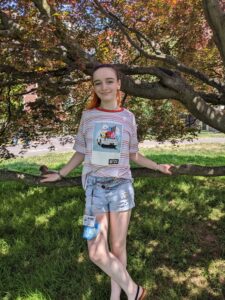 Milwaukee, Wisconsin
Milwaukee, Wisconsin Pennington, NJ
Pennington, NJ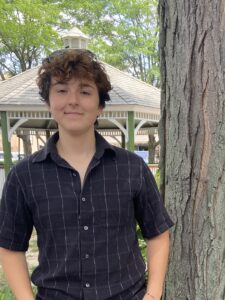 Jenkintown, PA
Jenkintown, PA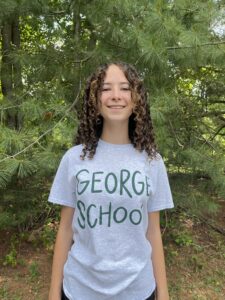 Ottsville, PA
Ottsville, PA Yardley, PA
Yardley, PA Providenciales, Turks and Caicos Islands
Providenciales, Turks and Caicos Islands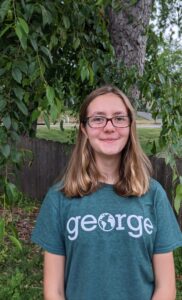 Hopewell, NJ
Hopewell, NJ
 Pottstown, PA
Pottstown, PA Playa del Carmen, Quintana Roo, México
Playa del Carmen, Quintana Roo, México Shanghai, China
Shanghai, China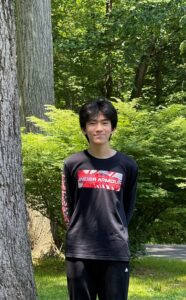 Beijing, China
Beijing, China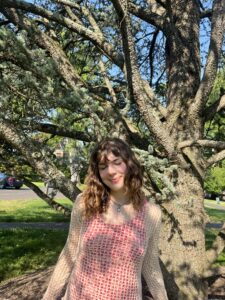 Yardley, PA
Yardley, PA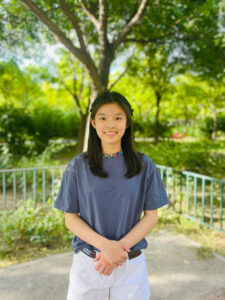 Beijing, China
Beijing, China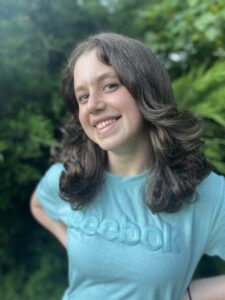 Holland, PA
Holland, PA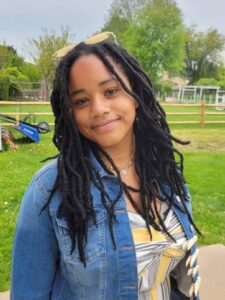 Langhorne, PA
Langhorne, PA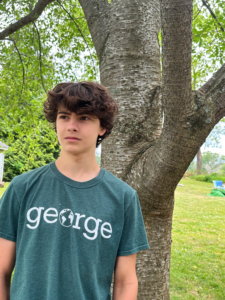 Ringoes, NJ
Ringoes, NJ New Hope, PA
New Hope, PA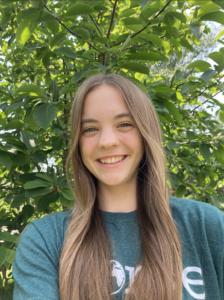 Dreshner, PA
Dreshner, PA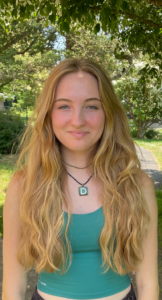 Yardley, PA
Yardley, PA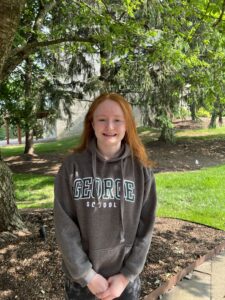 Yardley, PA
Yardley, PA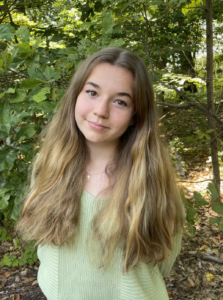 PA
PA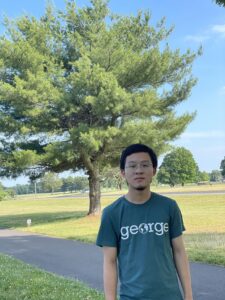

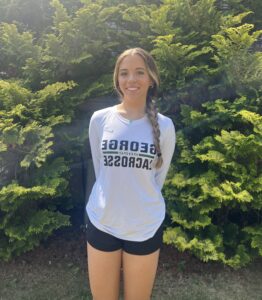
 Xi’an, China
Xi’an, China